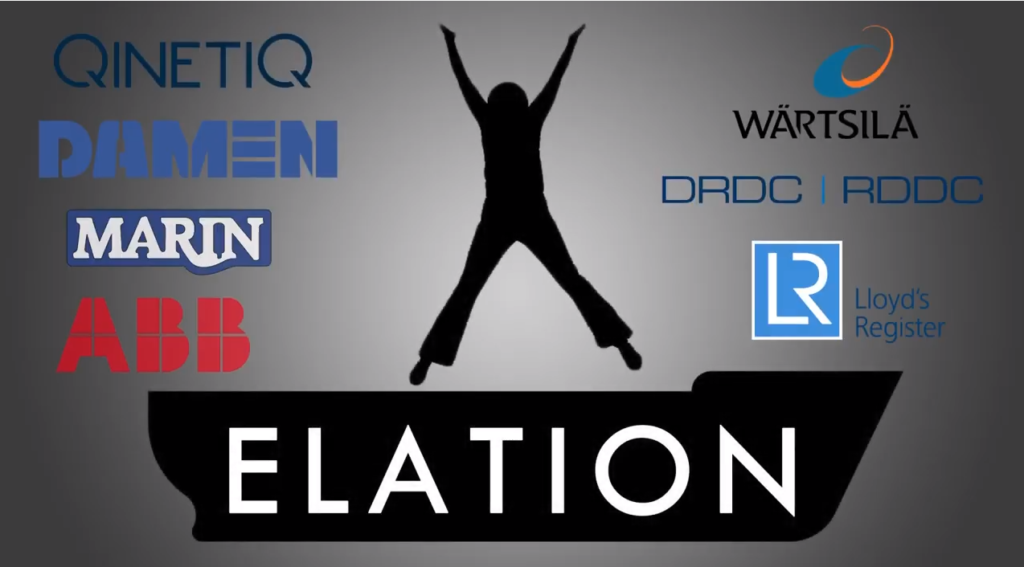The maritime sector is under immense pressure to make shipping more sustainable. New IMO requirements state that in 2050, a reduction by at least 50% in Greenhouse Gasses (GHG) compared to 2008 must be realised, in order to leave a habitable planet for our for our future generations to live in. To realise such a reduction, large steps on all important propulsion components need to be made now. ELATION aims to develop the tools and knowledge to reduce required power of existing and future ships in the order of 5~10% by minimizing propeller losses.
An important and new analysis method to accomplish this is the so-called Energy Loss Analysis (ELA). The ELA can identify the different propeller loss components, making it an excellent assessment tool to consider whether a ship should be equipped with an ESD and if so, what type. In addition, ELA can be used to check to what extent an ESD design is effective in recovering losses, or that an improvement of the design is possible.
The main aim of the project is to extend the existing knowledge of the physical mechanisms, including the effects of off-design conditions, by making use of ELA as well as developing further CFD post-processing techniques. The second ambition is to improve the design process for ESDs, making use of parametric geometry templates and optimisation techniques. A simplified test case, requiring relatively low computational power – such as an axisymmetric body – will be used to allow many members to take part in the design optimisation exercise of an ESD, using their own CFD and CAD tools, and to share knowledge on the process. The obtained tools and knowledge will be applied in the final stage of the project to an existing ship design.

